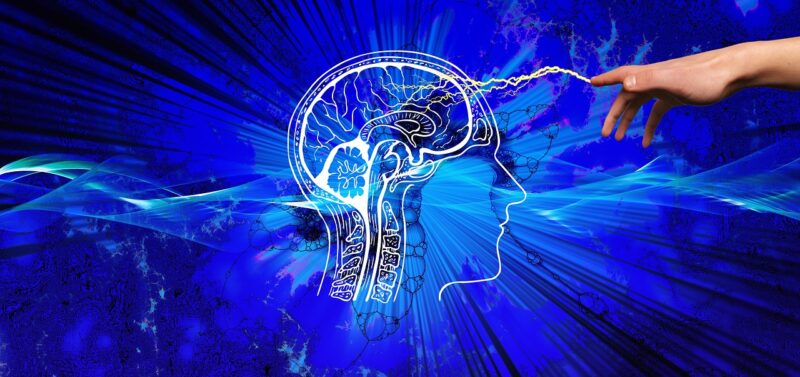10 Fascinating Psychological Theories That Explain Human Behavior
November 2, 2024

Human behavior is complex, influenced by countless internal and external factors. Over the years, psychologists have developed various theories to understand why people act the way they do. Here are 10 fascinating psychological theories that offer insights into human behavior.
1. Maslow’s Hierarchy of Needs
Maslow’s Hierarchy of Needs suggests that human motivation is based on a series of hierarchical needs, starting from physiological needs and moving up to safety, love and belonging, esteem, and finally self-actualization.
- Key Insight: Individuals are motivated to fulfill basic needs first, progressing to higher levels of personal growth and self-fulfillment.
2. Cognitive Dissonance Theory
Proposed by Leon Festinger, cognitive dissonance theory explains that people experience discomfort when holding conflicting beliefs or behaviors, which they try to resolve by changing attitudes or behaviors.
- Key Insight: This discomfort often leads to changes in beliefs or actions to achieve internal consistency.
3. Social Learning Theory
Albert Bandura’s Social Learning Theory posits that people learn behaviors through observation, imitation, and modeling. It emphasizes the role of reinforcement and punishment in shaping behavior.
- Key Insight: Observational learning plays a significant role in how individuals adopt new behaviors, especially in social contexts.
4. Attachment Theory
John Bowlby’s Attachment Theory explores the bond between children and their caregivers, which impacts their emotional and social development. The theory identifies different attachment styles, including secure, anxious, and avoidant.
- Key Insight: Early attachment experiences shape how individuals relate to others throughout their lives.
5. Classical Conditioning
Developed by Ivan Pavlov, classical conditioning is a learning process where an individual learns to associate a neutral stimulus with a significant event, leading to conditioned responses.
- Key Insight: Repeated associations between stimuli and responses influence future behaviors.
6. Operant Conditioning
B.F. Skinner’s operant conditioning theory describes how behaviors are shaped by rewards and punishments. Positive reinforcement strengthens behavior, while punishment or lack of reinforcement weakens it.
- Key Insight: Consequences of behavior influence the likelihood of that behavior being repeated.
7. The Bystander Effect
The bystander effect describes the phenomenon where individuals are less likely to help someone in need when others are present. This theory highlights the diffusion of responsibility in groups.
- Key Insight: People are more likely to take action when they feel individually responsible.
8. The Halo Effect
The halo effect is a cognitive bias where an individual’s perception of one positive trait influences their perception of other unrelated traits. For example, someone who is physically attractive may be perceived as more intelligent or kind.
- Key Insight: First impressions and appearance can impact judgments about unrelated qualities.
9. Self-Determination Theory
Self-Determination Theory (SDT) suggests that people are motivated by intrinsic factors such as autonomy, competence, and relatedness. It emphasizes the importance of fulfilling these basic psychological needs for motivation and well-being.
- Key Insight: Internal motivation is more sustainable and fulfilling than external rewards alone.
10. The Placebo Effect
The placebo effect occurs when a person experiences a positive outcome from an inactive treatment simply because they believe it will work. This effect highlights the power of the mind over physical symptoms.
- Key Insight: Expectations and beliefs can influence physical and mental well-being.
Conclusion
These psychological theories provide a glimpse into the complexities of human behavior, helping us understand motivation, learning, social influence, and more. By exploring these theories, we gain insights that can improve our relationships, personal growth, and understanding of the world around us.







